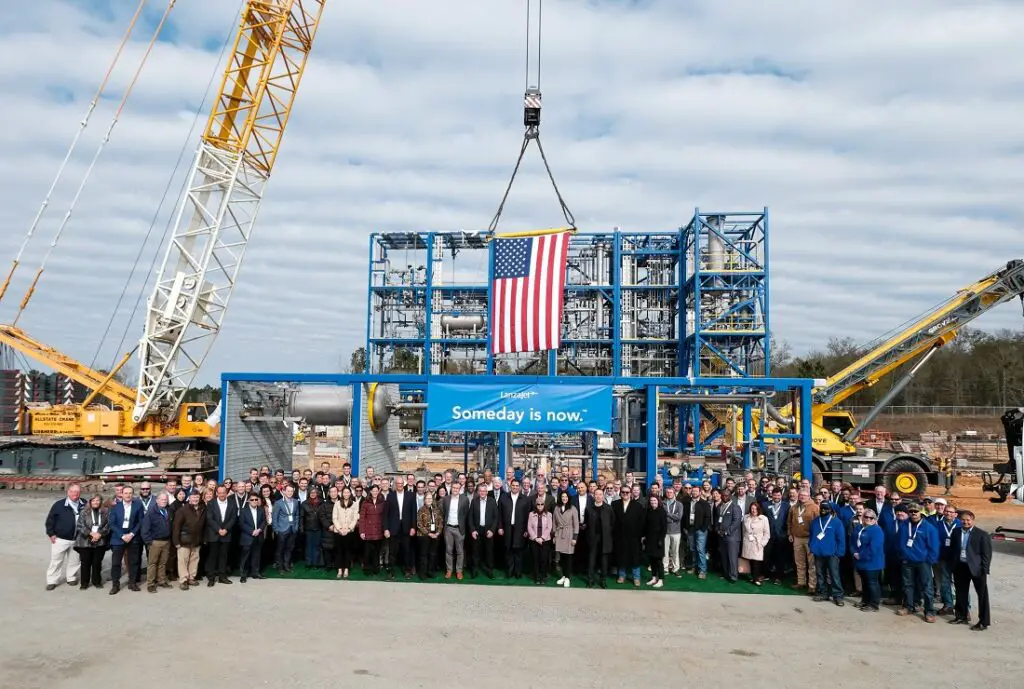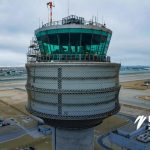American fuel production company LanzaJet on Tuesday broke ground on its first ethanol-based sustainable aviation fuel (SAF) production facility, Freedom Pines Fuels, which will be located in Soperton, Georgia. Construction and start-up of the plant could be completed as early as next year, the company said in a statement.
When fully operational, it will produce ten million gallons of SAF and renewable diesel from ethanol each year. To do so, it will use a range of low-carbon ethanol made from waste feedstocks. According to LanzaJet, the new plant will «approximately double the amount of current production in the United States»
«Building a new industry and scaling new technology is exciting while at the same time challenging», explained Jimmy Samartzis, CEO of LanzaJet. «We have enjoyed the privilege of partnering with incredible public and private sector leaders to support our work on this journey», he added.
Moreover, Samartzis said the start of construction of the plant represents a milestone for both the company and the industry in the production of this type of lower environmental impact fuels. «Fabrication and construction of our novel process technology that converts ethanol into drop-in, replacement sustainable aviation fuel is completed, and installation has begun at site», he said.
The role of SAF in the near future
Currently, aviation contributes between 2% and 3% of total anthropogenic greenhouse gas emissions. In recent years, the industry has faced increasing pressure from civil society and regulators to make progress in implementing solutions to reduce the environmental footprint of aviation.
Many technologies are still in early stages of development and are not expected to be widely available in the short term. In this context, sustainable aviation fuel represents one of the best opportunities to reduce emissions in the short term and meet industry targets.
Their characteristics allow their use in currently operational aero engines and do not require major adaptations of existing ground infrastructure. However, its cost is high and the current level of production does not allow large-scale aviation operations to be fuelled.
Despite this, production of this type of fuel would reach 300 million litres by 2022, representing a 200% increase compared to 2021 levels, IATA reported at the IATA Global Media Days in Geneva, Switzerland. More optimistic estimates put total production at around 450 million litres.
According to the organisation, SAF production will account for between 0.1% and 0.15% of total aviation fuel use this year. In 2019 the proportion was 0.01%. Moreover, it is estimated that production capacity will grow by more than 400% between 2022 and 2025.
See also: British Airways will work to accelerate production of SAF in the United Kingdom














